Türkiye’s National Intelligence Organization (MIT) has released a historical intelligence report detailing Soviet surveillance of Bolshevik politician Leon Trotsky during his exile on Istanbul’s Büyükada island.
The report, published under the “Special Collection” section on MIT’s official website, is the latest addition to a series of declassified intelligence documents. Signed by Istanbul Regional Director Aziz Hüdai Bey, the document reveals that Türkiye’s National Security Service (MAH) had been informed about Soviet intelligence operations monitoring Trotsky between 1929 and 1933.
Dated Jan. 16, 1932, the report outlines Soviet efforts to track Trotsky’s activities and interactions. It details how an Armenian interpreter, seeking to regain favor with Turkish authorities, established contact with a Soviet agent named Davranof, who was reportedly working for the Soviet Union’s intelligence service, the GPU.
According to the report, Davranof sought detailed information on Trotsky’s movements, visitors, correspondence and personal activities. “Trotsky must be closely followed. We need to know who visits him, where he goes, and what he engages in at home,” Davranof reportedly instructed. MAH’s informant agreed to cooperate, following Turkish directives, and provided intelligence to the Soviets while simultaneously gathering insights into their operations.
The report also references a Turkish police officer named Salih Efendi, who had been assigned to Trotsky’s security detail on the island but was later approached by Soviet agents for information. “If you have trouble obtaining a source, seek out Salih Efendi. He has shared information before and will likely assist you as well,” Davranof suggested, according to the document.
It further notes that two individuals, Osias Rosenzweig from Britain and a Frenchman named Raymond Mouliniere, visited Trotsky at his home. While Rosenzweig was reportedly of German descent and claimed to be a music teacher, Mouliniere was a fluent speaker of Turkish and Greek. “Their purpose for meeting Trotsky remains unknown,” the report states.
MIT’s release of the report provides a rare glimpse into the intelligence operations surrounding one of history’s most prominent revolutionary figures and the geopolitical tensions of the early 20th century.


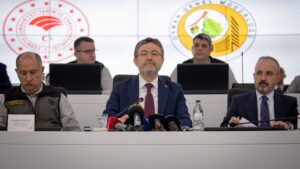



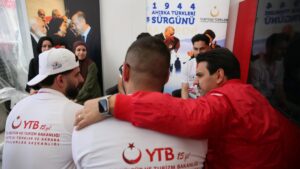

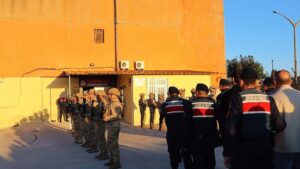





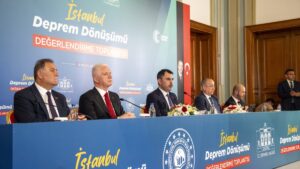


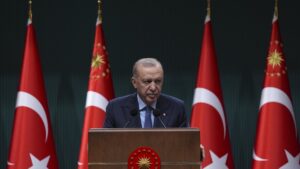

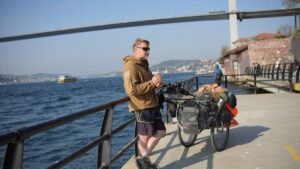

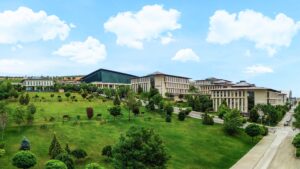


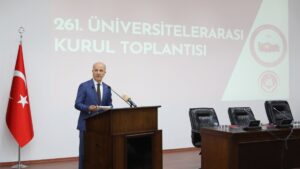
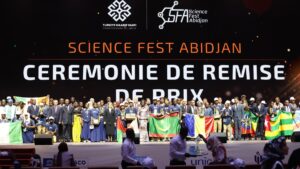






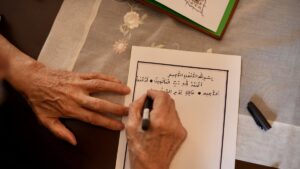



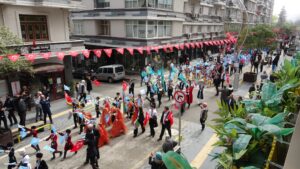


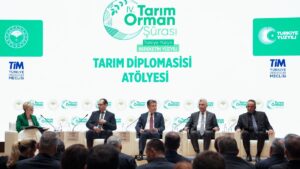

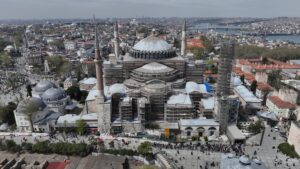

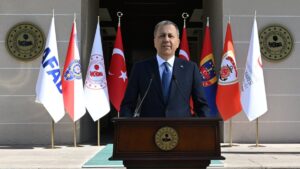

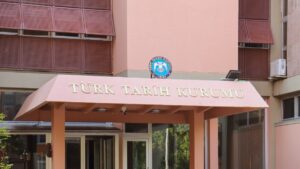

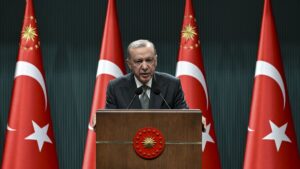


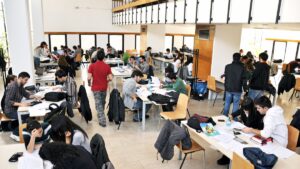

Be First to Comment